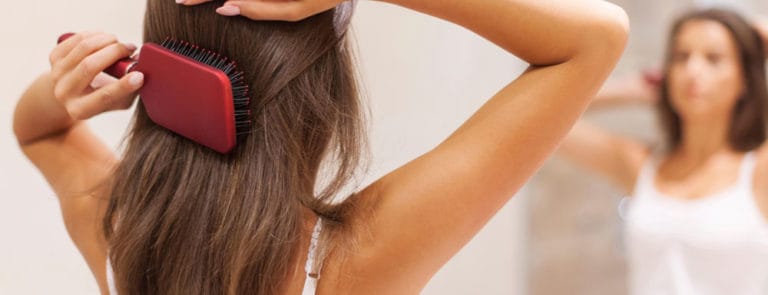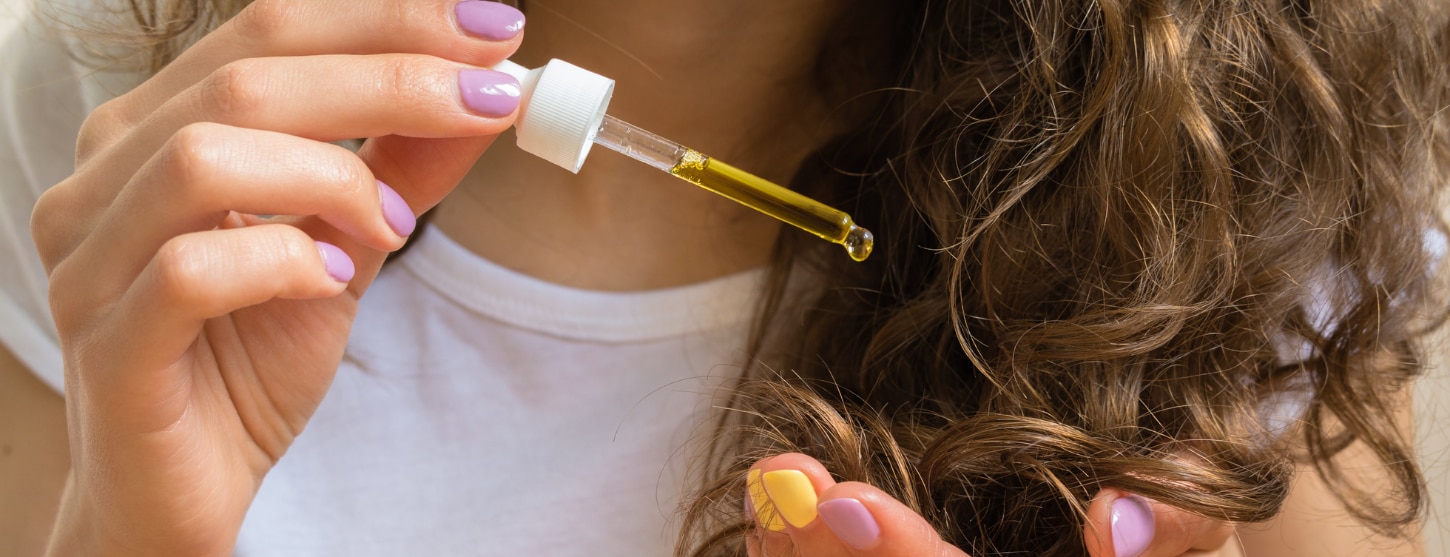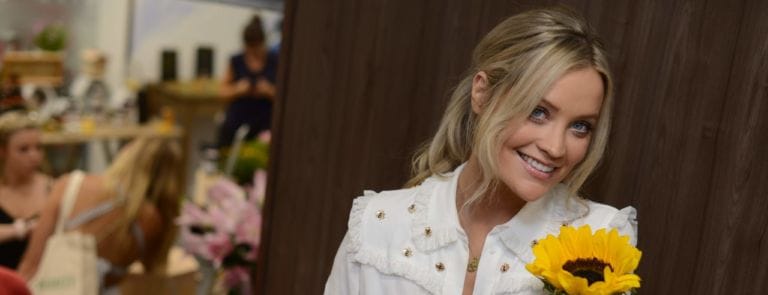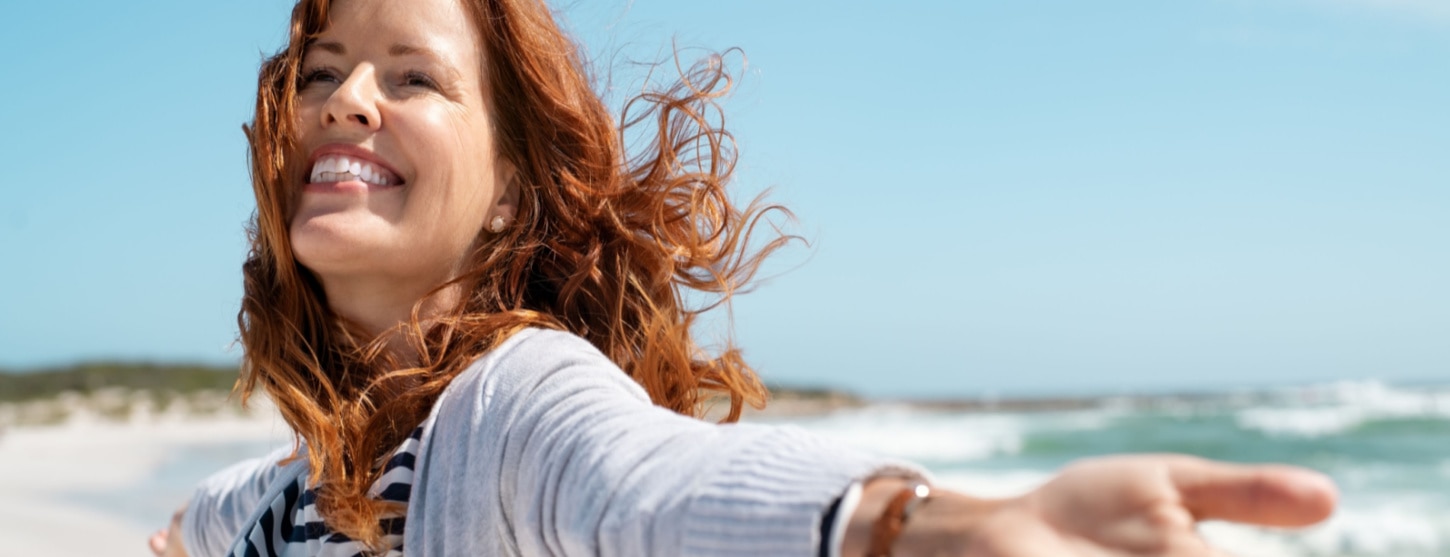It doesn’t matter what treatment you put on your tresses if you’re not looking after them from the inside too
Want luscious locks? First step: make sure you eat plenty of protein. This essential nutrient plays a crucial role in keeping your hair – the fastest-growing tissue in your body
1 – in good condition.
How does protein = healthy hair?
Each strand of hair is made up of keratin, a super-tough protein that’s also used to create fingernails and skin.
2
But protein is essential throughout the body. Most of the body’s tissues, including your muscles and blood, need this nutrient for growth and repair.
3 So you should eat plenty of protein to ensure that your hair receives its fair share.
Handpicked content: DIY protein shakesWhat happens if you don’t get enough?
If your diet doesn’t include enough protein, the body starts to ration the nutrient, focusing on sending it to more critical functions, like your blood. This can stall hair growth, leading to dull, brittle hair. If low levels of protein continue for a few months, hair may fall out.
4,5
However, a 2018 study, published in the Journal of Cosmetic Dermatology, found that a protein supplement reduced hair loss and boosted hair growth in a group of men and women who were losing their locks.
6
Best sources of protein for hair care
Eggs, cheese, pulses, yoghurt, wholegrain bread, tofu, fish, meat and nuts are a great way to pack a protein punch.
7
Wondering how much protein to eat? Our bodies need 0.75g of protein per kg of bodyweight a day, according to the British Nutrition Foundation.
7 This means a woman weighing 60kg (9 stone 7lb) will need 45g of protein daily.
But there’s no need to go overboard. Two eggs (25g of protein), a 100g serving of boiled lentils (9g) and a 50g helping of cheddar cheese (12g) adds up to 46g of protein, making it easy to help maintain healthy hair.
8,9
Handpicked content: Tofu and asparagus pad thaiAdvice is for information only and should not replace medical care. Please check with your GP before trying any remedies.
Sources
1. The Trichological Society. Nutrition and Hair Health. Available from: https://www.hairscientists.org/hair-and-scalp-conditions/nutrition-and-hair-health
2. ScienceDirect. Keratin. Available from: https://www.sciencedirect.com/topics/medicine-and-dentistry/keratin
3. BBC Bitesize. Proteins and enzymes. Available from: http://www.bbc.co.uk/schools/gcsebitesize/science/add_aqa/proteins/proteinsrev1.shtml
4. American Academy of Dermatology. Hair loss. Available from: https://www.aad.org/public/diseases/hair-and-scalp-problems/hair-loss#causes
5. Guo EL and Katta R. Diet and hair loss: effects of nutrient deficiency and supplement use. Available from: https://www.ncbi.nlm.nih.gov/pmc/articles/PMC5315033/#b64-dp0701a01
6. Hornfeldt CS. Growing evidence of the beneficial effects of a marine protein-based dietary supplement for treating hair loss. Available from: https://www.ncbi.nlm.nih.gov/pubmed/28921826
7. British Nutrition Foundation. Protein. Available from: https://www.nutrition.org.uk/nutritionscience/nutrients-food-and-ingredients/protein.html?start=4
8. As above
9. BBC Good Food. The best sources of protein for vegetarians. Available from: https://www.bbcgoodfood.com/howto/guide/best-sources-protein-vegetarians




